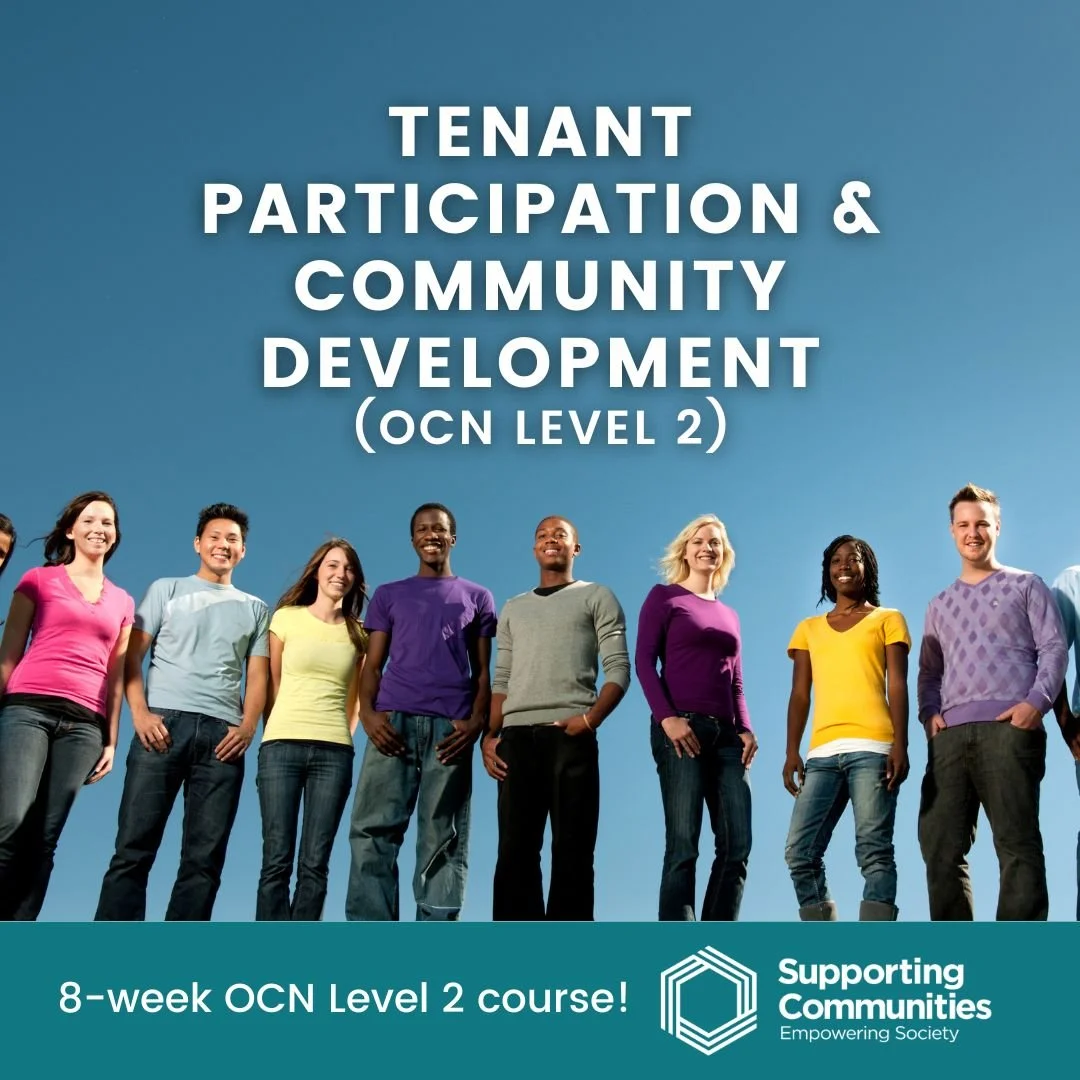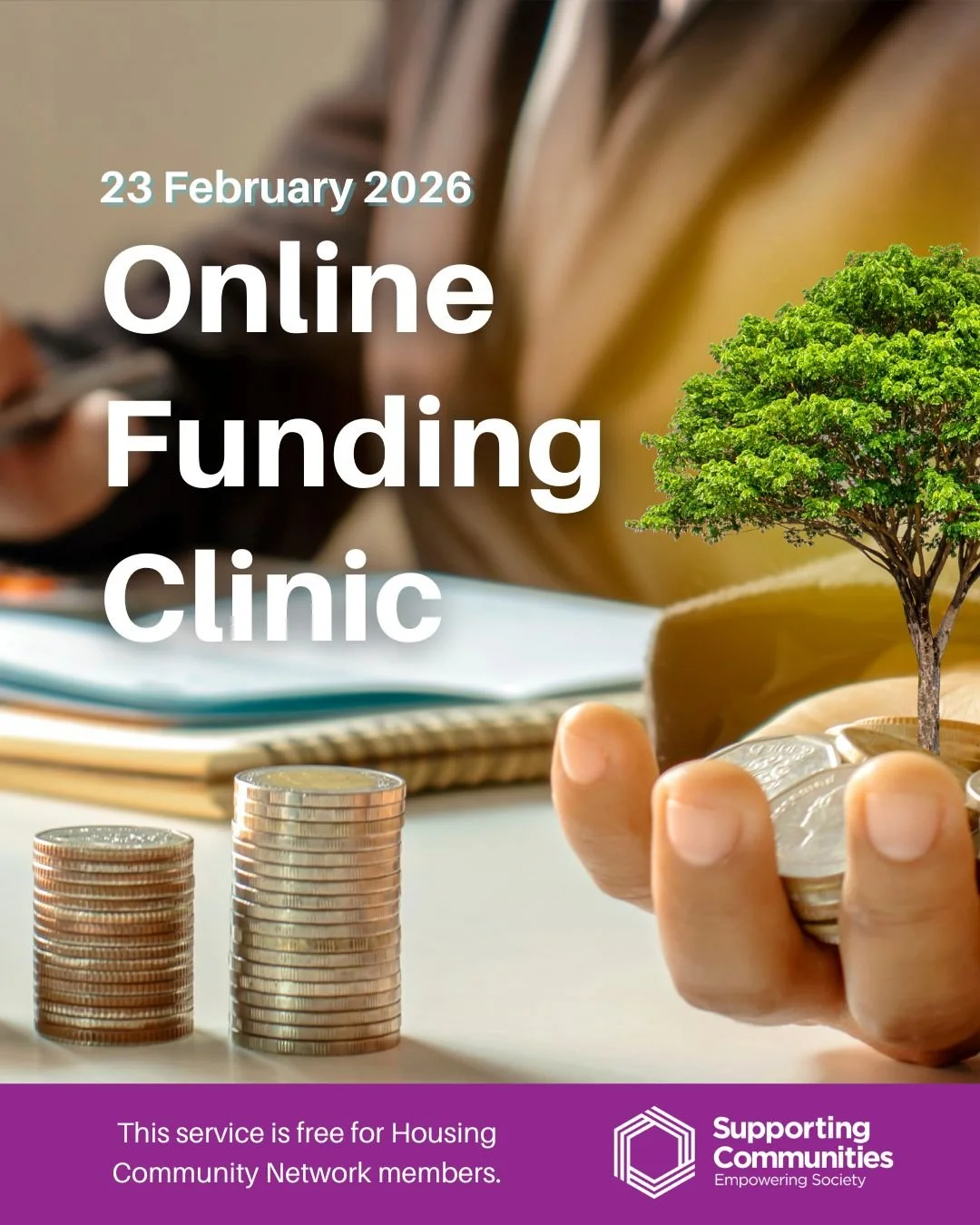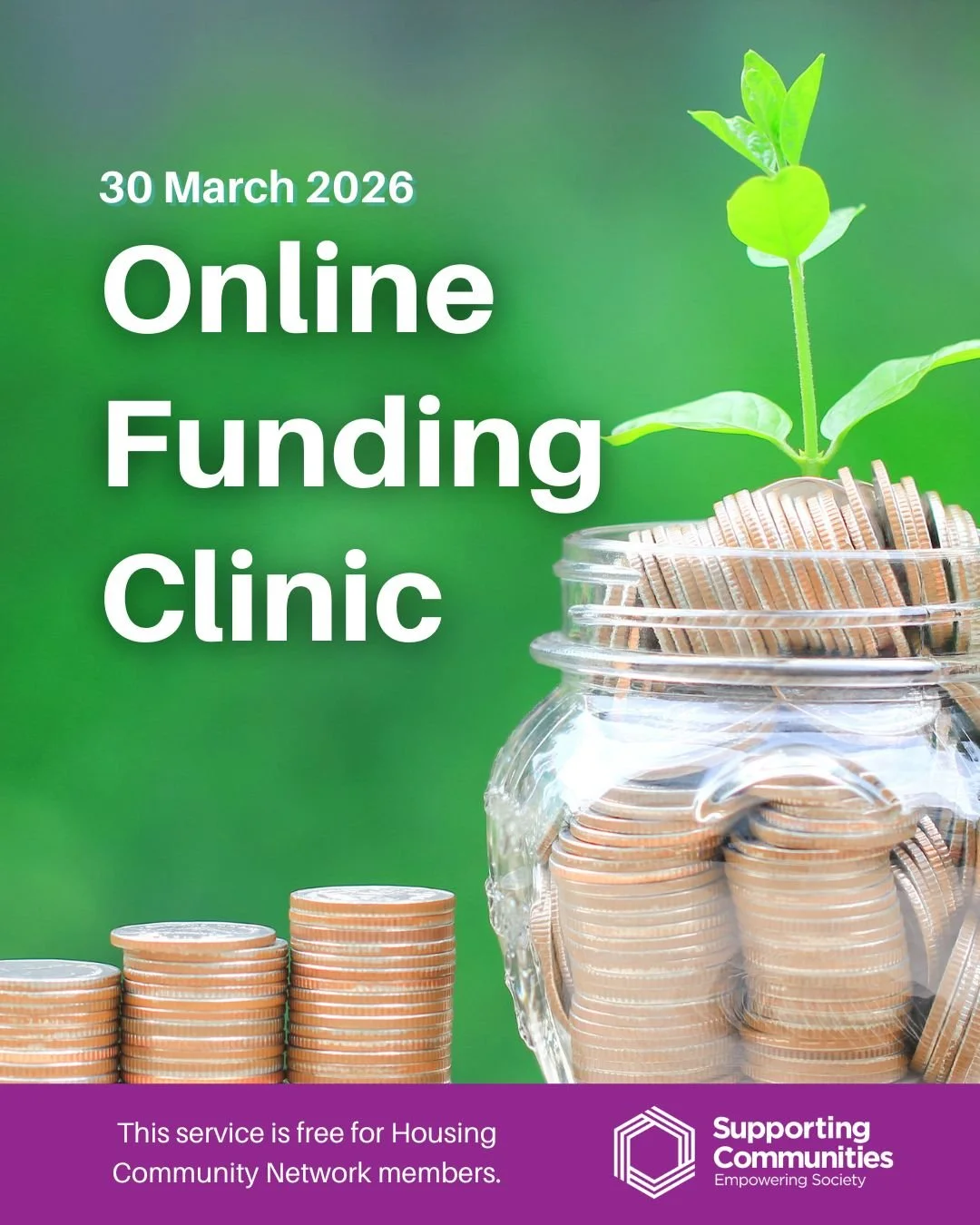Community Response to the Coronavirus Crisis
/As the Coronavirus pandemic swept into Northern Ireland, Supporting Communities quickly reached out to the Housing Community Network groups to learn more about what is happening on the ground, what help groups are offering, and what help groups need as we all mobilise to support and provide for the vulnerable members in our communities.
Our survey gathered almost 200 responses in just a few days giving us a wealth of information on the activities of community and tenant groups in Northern Ireland during this difficult time. Our staff have been following up with each group to provide the support, encouragement, and the practical advice they need to be effective in their areas.
Survey Results
Our survey revealed what we already knew to be true. Community groups are well placed to mobilise and identify those who need help, but they lack the funding to sustain emergency efforts for very long.
We recognise that many community group leaders are often also older people who may be at a greater health risk themselves. Some committees’ members reported that they were in self-isolation and aren’t sure how to mobilise volunteers from home.
About three-quarters of the groups are actively identifying and providing support directly to members of their communities. Most have also had to cease their normal activities for the moment although some are looking for new ways to continue engaging with their members. Nearly 60% are looking for more volunteers to help.
An impressive 76% said they were using their social media to address this crisis. Some have set up neighbourhood Facebook and WhatsApp groups to communicate quickly and easily.
Those who specified another response mostly said they were making phone calls directly to members and those who they knew might need extra support and contact.
66% of respondents also indicated they were making links with other groups and organisations to better serve their communities and estates.
This survey was conducted during the first week of the crisis becoming evident in Northern Ireland. The kinds of support groups were offering reflect this in terms of trying to get relevant information out to residents and providing essential food and medicine.
Only 9% said they were trying to continue classes and events online. This number may rise after they have time to consider how or if this can be done in various circumstances. Some groups indicated they were still in the planning stages of providing support.
Other support included a wide range of creative and useful ideas including:
giving lifts to medical appointments
emergency fuel top-ups
dog walking
providing computers for home schooling children
repurposing unused allotments for growing food
signposting to businesses providing delivery services
starting a new dedicated helpline
linking in and signposting to others who are providing help
The single biggest barrier to providing support was lack of funding. Since this survey was completed, several new emergency funds have come online. Our Community Development Officers (CDOs) and our Funding Officer are busy working with groups to access these new streams.
We are now working to combat the other barriers as well by helping groups to access accurate information and working with Volunteer Now to help people get involved safely to support their neighbours.
Our Digital Inclusion Officer is providing support by phone and video calls to help groups get started using online tools such as Zoom to allow committees to continue to meet with their members in a virtual setting.
Those who responded “other barriers” were largely concerned about the health risks of continuing to volunteer under the circumstances. Many said they lacked access to protective gear that would make them feel safe going out to help. Many committee members cited their own underlying health conditions and the need to self-isolate at this time.
The top request for support was for help to access funding followed by good practice examples and reliable information to use.
Many of those who responded ‘other’ to this question simply left a message of thanks to their Community Development Officer for the help that Supporting Communities staff are already providing.
What’s Next?
We are only at the beginning of the crisis and everyone is having to find new ways of working. Supporting Communities, through the vital support of the Housing Executive, will continue to do everything we can to support our member groups and respond to their needs.
We plan to conduct a similar survey in a few weeks’ time to ensure we are adapting our approach to the shifting needs of community groups as circumstances will undoubtedly continue change for us all.
Colm McDaid, Chief Executive, added, “I would like to thank all the community groups we work with who responded so quickly to our survey. The responses are hugely important to both us and to our key stakeholder, the Housing Executive, so that we may put in place the support that is needed during this crisis.
Like the many groups we support at a grassroots level, Supporting Communities staff are adept at reacting to adversity and we are finding new ways to do our work. We will continue to support groups to fill what has become an even more vital role in communities all over Northern Ireland.”













